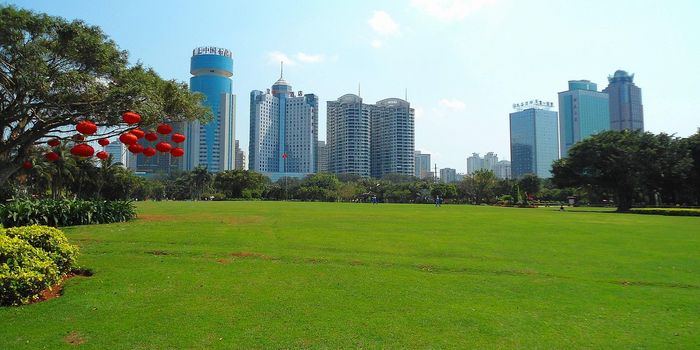Researchers Discover the Body's Blood Pressure Meters
For decades, researchers have sought to find the natural barometers that sense changes in the body's blood pressure so that the proper physiological response can be made. Barometers like these can help prevent blood pressure that's too high (hypertension) or too low (hypotension). Scientists have suspected that these so-called baroreceptors exist, and now, they've shown that special cells in the kidney can sense and respond to changes in blood pressure. The findings have been reported in Circulation Research.
"It was exhilarating to find that the elusive pressure-sensing mechanism, the baroreceptor, was intrinsic to the renin cell, which has the ability to sense and react, both within the same cell. So the renin cells are sensors and responders," said Dr. Maria Luisa S. Sequeira-Lopez of the University of Virginia School of Medicine.
A hormone called renin is crucial to the regulation of blood pressure. Once renin is released by cells in the kidney, it can act on angiotensin, which can cause blood vessels to narrow. It can also stimulate the release of aldosterone, a hormone that causes the body to retain sodium. The molecules angiotensin II (made after angiotensin is cleaved) and aldosterone can raise blood pressure.
Scientists hypothesized that certain cells are blood pressure sensors that can also respond to blood pressure changes by releasing renin. But it took a long time to find those barometers. Sequeira-Lopez's team searched for cells that could transmit a mechanical signal that was detected, like a change in pressure, to the nucleus of the cell where responses occur in the form of gene transcription.
The team used a cell culture model to determine that when pressure changes were applied to renin-producing cells, there were cascading effects that resulted in a decrease in the activity of a gene called Ren1, which produces renin.
The researchers also assessed gene expression in kidneys that were subjected to low pressure, and others subjected to high pressure. When there is excessive pressure outside of the renin cells, baroreceptors can trigger a reduction in renin release, lowering blood pressure. If blood pressure drops too low, changes occur that stimulate renin production, raising blood pressure.
"I feel really excited about this discovery, a real tour de force several years in the making. We had a great collaboration with Dr. [Douglas] DeSimone from the Department of Cell Biology," Sequeira-Lopez said. "I am also excited with the work to come, to unravel the signaling and controlling mechanisms of this mechanotransducer and how we can use the information to develop therapies for hypertension."
Sources: Medical Express via University of Virginia, Circulation Research









